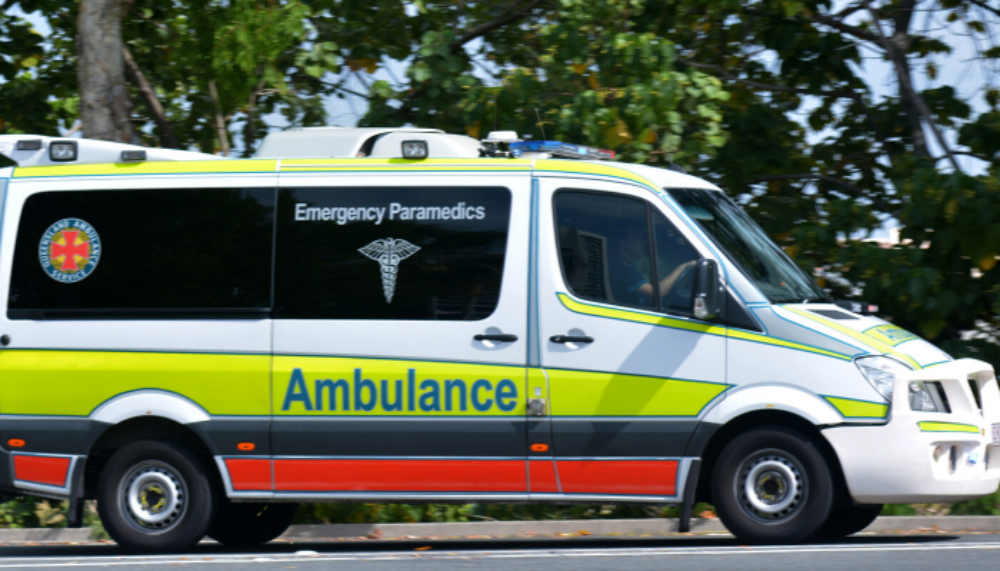When Tomoaki Shiratsuchi began his undergraduate degree, his plan was to become a doctor, but a turn at paramedicine changed his career path entirely
When Tomoaki began his first degree at Griffith University – the Bachelor of Health Science – his plan was to transition to medical school to become a doctor. However further studies in medical research and paramedicine convinced him to change his plans, and he now works as a paramedic on the Gold Coast.

“With my day-to-day job, when I put on my uniform, I have no idea what lies ahead of me. That at times can be very frightening as well as exciting,” he says.
“Paramedicine is fast and diverse, and there’s an intensity we’re forced into that’s followed by – hopefully – an amazing and positive outcome in the end.
“But that’s not why I enjoy it; I enjoy it because I can provide a fundamental value of helping people while working in a medical field.”
Tomoaki says this fast-paced environment keeps him connected to medicine due to the diversity of cases: he needs to stay up to date with medical practice to be best prepared for the variety of cases he may see in one day.
“I quickly discovered how much I love to learn – there’s this longing I have of always wanting to learn something new, and paramedicine makes that dream a possibility,” he says.
“Through my studies I realised early on that I didn’t want to be stuck behind a desk in my career, and paramedicine is anything but a desk job, so it’s perfect in that respect.”
Tomoaki says a fascination with anatomy and how the human body worked started him on his path to paramedicine, but credits one group of people for forming his decision to study with Griffith.
“My guidance counsellor helped me a lot in high school, she really helped me understand the need to look past a name or brand that a university has and look at all the things they can offer you instead,” he says.
“From all my research, I found that Griffith was at the forefront of the medical field, and once I started, that only became more obvious.
“Having the hospital right across the road from the Gold Coast campus where I studied, it just made everything so accessible for studying and learning firsthand.”
Tomoaki says discovering his love for paramedicine was like using building blocks, with each degree helping him understand more about himself and his desires for a career.
“My Health Science degree opened my eyes to how much I was interested in research, so I pursued a Master of Medical Research” he says.
“While I was completing that I was working at a pharmacy, and that’s when I realised how much I enjoyed the patient interaction. Working at a pharmacy was interesting in that I could learn all about the medications, however I felt it was too far through the patient journey for me.
“In looking for something closer to the start of the patient experience, I came into paramedicine, and now I get to use all of my previous degrees every day on the job, from studying anatomy and the human condition right through to understanding medications to deliver to my patients, or the medications they’re already using – it all builds on each other.”
Tomoaki believes a paramedicine career is something anyone with anatomy and chemistry interests could follow for a career that’s a little different.
“I’m still good friends with a lot of graduates from my first degree, and many have gone on to become doctors which is great, but I appreciate my role for the fact it’s right there when the patient experience begins, it’s really raw and instantaneous,” he says.
“Whereas a doctor does exceptional work treating a patient in a hospital setting, a paramedic has a first contact role, so we get to be hands on more often, and I wouldn’t have it any other way.”
If like Tomoaki you are interested in a career that combines anatomy, biology and first response care, find out more about the Bachelor of Paramedicine.



